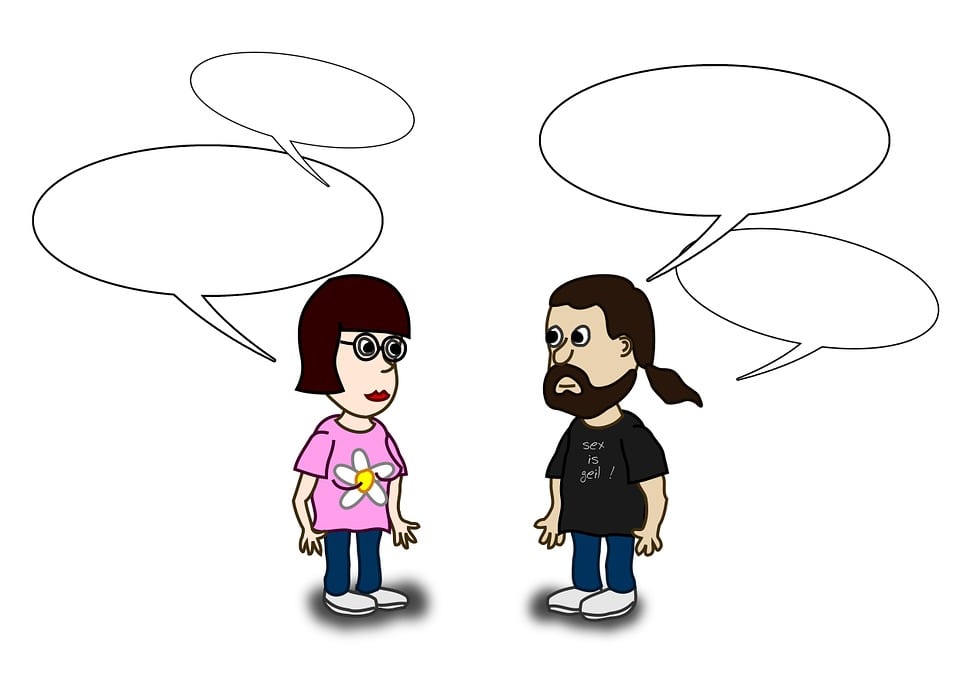
Let’s Talk! Wait, we want students with ADHD to stop talking. Here’s why they should.
Let’s define 21st Century literacy. In the past, it was simply made up of reading and writing. Now it’s grown to include listening and speaking too.
Oral literacy and speaking skills are important in order to convey personal needs and those around you. The power of speaking, oral communication, is ability to express one’s thoughts and emotions. How to perceive a person’s ability to lead is related to the overall confidence the audience has in the speaker.
ADHD Strengths
Students with ADHD often lament over the challenges that they face in school. There are times, however, when the condition can be an asset. Speaking poses opportunities to take advantage of skills that are used to master and control symptoms.
Having passion and intensity of emotions can be focused and applied in unique and special ways. People with ADHD like to exploit their command of details. They should be trained to take advantage of both.
ADHD Deficiencies
Attention issues and language issues often have similar symptoms. People with ADHD have difficulties that manifest from its characteristics, often speaking later than expected for their age. This can result in difficulties in basic language and higher-level language skills.
These combine to present challenges in pragmatic language skills. This everyday conversation results in the ability to plan what to say, when to say it, and how to get messages across. Most challenging is to “read” the faces of other people and respect the rules for taking turns.
- Blurts out things.
- Interrupts others.
- Speaks for a long time, but with too short pauses to organize thoughts.
- Talks too much at the wrong time.
- Speaks too loudly.
Speaking in the classroom takes on several dynamics. For teens and young adults with ADHD, questioning and answering integrates experiences from elementary school. These skills can be minimized as a result of “learned helplessness” (limited ability to speak up for self).
Defining success as to what it should look like, for both the speaker and the audience, is critical. Aspects of ADHD include a propensity to be sidetracked. Use enough details to make the material informative, but don’t be boring. Reading the audience is key: Taking advantage of social cues is often a concern.
- Provide collaborative conversations with diverse partners. Learn how to talk to a variety of people.
- Follow “traditional” rules of taking turns. Listen and think.
- Interact through multiple exchanges within groups. Develop techniques for deciding when and how to participate.
- Stay on track. Speak about topics under discussion.
- Establish rules. Gain the floor in a respectful way.
21st Century literacy incorporates the ability to speak audibly and express thoughts, ideas, and feelings. To improve performance, students with ADHD should practice self-talk. Exuberance is a gift to improve outcomes.
“Our kids have a lot to say, but sometimes not expressing how properly. Ask questions to clear up misunderstandings regarding what others are saying.
What’s your favorite public speaking strategy?

Leave a Reply